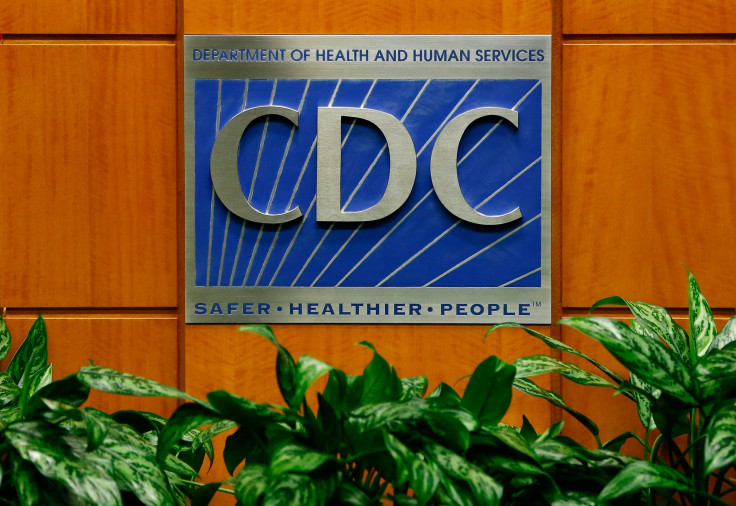Adenovirus Symptoms: University Of Maryland Freshman Dead From Complications

A freshman at the University of Maryland, College Park, died Sunday of complications from adenovirus, sparking concerns among students and parents. Olivia Paregol's death raised questions if the College Park campus dormitory played a role in her fatal illness.
The University Health Center said it became aware of a student's adenovirus case Nov. 1. and had been closely monitoring for other reported cases. On Monday, University of Maryland health professionals said they learned one sample from a student sent to the Centers for Disease Control and Prevention (CDC) was found to be Adenovirus 7.
“I don’t know if the mold was a contributing factor or a primary factor or a nonfactor,” Ian Paregol, the 18-year-old's father said.
The university said “it appears there is no consistent connection between mold exposure and the incidents of adenovirus.”
"Adenoviruses are common causes of colds, but there are strains that can cause more serious illness. Over the past couple of weeks we have shared guidance on preventive measures our community should take during this flu and virus season and we urge our community to follow these guidelines," the university said in a statement.
Symptoms of adenovirus include cough, runny nose, fever, chills, other respiratory infections, high-pitched sound when breathing in, ear infection, pink eye (conjunctivitis), pneumonia, stomach and intestinal infections, swelling of the brain and spinal cord (meningitis and encephalitis), and in some rare cases, urinary tract infections.
"The treatment for these types of illnesses generally includes rest, plenty of fluids and fever-reducing medicine. Unfortunately, there is no specific medication to treat this infection in a non-hospitalized individual. However, vigilance is extremely important for those with chronic medical problems like asthma, diabetes or illnesses that lower your immune system or if you take medicine that lowers your immune system. It is vitally important not to ignore these symptoms and visit a physician within 48 hours of developing symptoms," the university added.
According to the CDC, those with weakened immune systems are most vulnerable to the common virus that can cause cold-like symptoms, including a sore throat, bronchitis and pneumonia.
Olivia's father said the young girl was taking an immuno-suppressor drug to combat Crohn’s disease, which she had been fighting for the past year and a half.
“It seems to me more should have been done and more information should have been provided,” Paregol said, adding that his daughter began coughing in September and was among the first students to report mold in her dorm at Elkton Hall.
“What should have happened — mold or no mold — families should have been advised that if your child seems unusually sick for an extended period and if your child has any other compromising or impactful medical history, you should probably get checked for the adenovirus,” Paregol said.
University Health Center director David McBride reportedly said they had been working with the Maryland Department of Health and the Prince George's County Health Department to identify other cases.
"In addition to communications to our campus encouraging our community to take preventive measures on this and other viruses, departments across campus began increased cleaning of high-touch surfaces early in November in response to this situation," the university wrote.
© Copyright IBTimes 2024. All rights reserved.




















